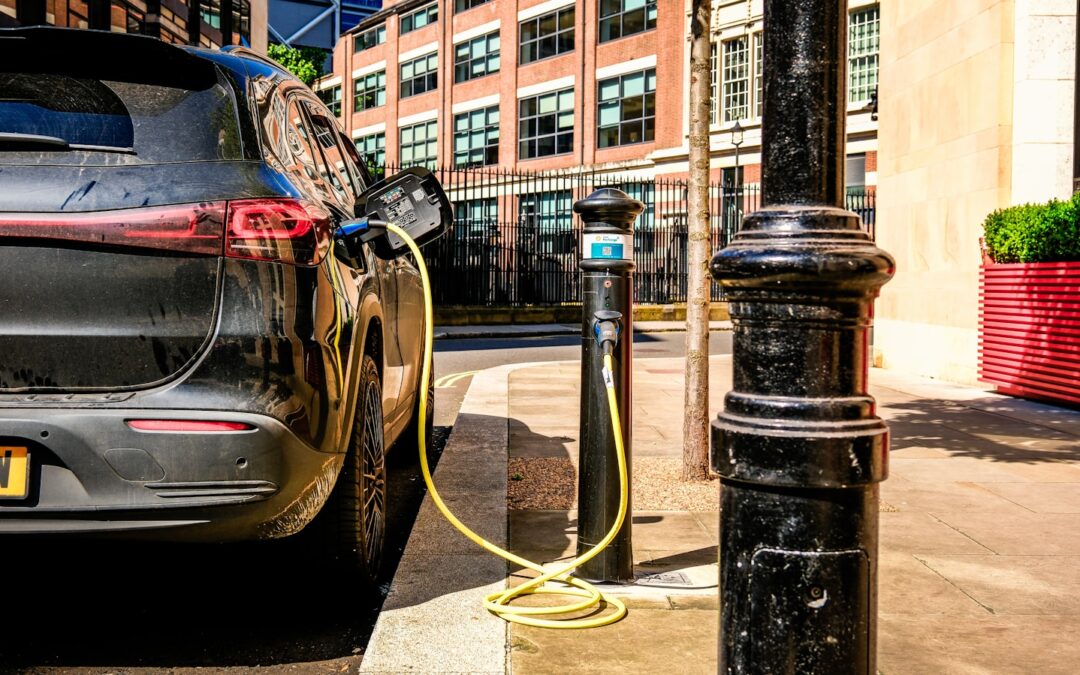Overcoming Obstacles in Establishing EV Charging Networks in Remote Locations
The development of EV charging infrastructure in remote areas presents several significant challenges. One of the primary issues is the lack of existing electrical infrastructure. In remote regions, the power grid may not be robust enough to support the additional load required by multiple EV charging stations. This is particularly evident in expansive areas of Saudi Arabia and the UAE, where urban centers like Riyadh and Dubai are well-equipped, but remote locations face significant infrastructure gaps. Establishing a reliable power supply in these areas often requires substantial investment and careful planning.
Another challenge is the financial burden associated with deploying EV charging stations in less populated areas. The lower density of EV users in remote locations means that the return on investment for setting up charging infrastructure is not as immediately apparent as it is in urban centers. This financial strain can deter private investors and government bodies from prioritizing these areas. However, for countries like Saudi Arabia and the UAE, where the commitment to sustainable energy is strong, overcoming this financial hurdle is crucial for broader adoption of electric vehicles.
Additionally, there is a logistical challenge in maintaining and servicing these remote charging stations. The harsh environmental conditions in some remote areas, such as extreme heat in the deserts of Saudi Arabia and the UAE, can affect the reliability and longevity of the equipment. Ensuring regular maintenance and quick response times for repairs is difficult due to the distances involved. These logistical issues necessitate innovative solutions to ensure the sustainability of the EV charging infrastructure in remote areas.
Technological Solutions to Enhance Reliability
To address these challenges, leveraging advanced technologies such as Artificial Intelligence (AI) and Blockchain can play a pivotal role. AI can optimize the energy distribution and predict maintenance needs, thereby enhancing the reliability of EV charging stations. In regions like Riyadh and Dubai, where technology adoption is high, integrating AI into the EV charging network can ensure efficient energy use and reduce downtime. AI can analyze usage patterns and predict peak demand times, allowing for better energy management and reducing the strain on the grid.
Blockchain technology can also contribute significantly by providing a secure and transparent system for energy transactions. This technology ensures that all transactions are recorded and verified, reducing the risk of fraud and enhancing trust among users. In the context of remote EV charging stations, Blockchain can facilitate micro-transactions for energy use, making it easier to manage and distribute energy resources effectively. This is particularly beneficial in the UAE and Saudi Arabia, where ensuring energy security and reliability is paramount.
Moreover, the use of renewable energy sources such as solar and wind power can mitigate the issue of insufficient electrical infrastructure in remote areas. These renewable sources can be harnessed to provide a consistent and sustainable power supply for EV charging stations. For instance, in the vast deserts of Saudi Arabia and the UAE, solar power can be a viable solution to power EV charging stations. Combining renewable energy with advanced storage solutions ensures that charging stations remain operational even in remote locations, contributing to the overall reliability of the infrastructure.
Executive Coaching and Change Management for Successful Implementation
Effective change management and executive coaching are crucial for the successful implementation of EV charging infrastructure in remote areas. Leaders and managers in Saudi Arabia and the UAE need to be equipped with the skills to navigate the complexities associated with this technological shift. Executive coaching services can provide the necessary training and insights to help business leaders understand the nuances of managing remote EV charging networks.
Change management strategies are essential to ensure that all stakeholders are aligned and committed to the project’s success. This involves clear communication, setting realistic goals, and providing continuous support to the teams involved. In the dynamic business environments of Riyadh and Dubai, effective change management can make the difference between the success and failure of such projects. By fostering a culture of innovation and adaptability, executive coaching helps leaders drive their organizations towards achieving sustainable energy solutions.
Furthermore, management consulting services can offer valuable expertise in planning and executing the deployment of EV charging infrastructure. Consultants can assist in conducting feasibility studies, developing strategic plans, and ensuring that the implementation process is smooth and efficient. This collaborative approach ensures that the challenges of setting up EV charging stations in remote areas are addressed comprehensively, leading to successful outcomes.
#EVCharging #RemoteInfrastructure #EnergySolutions #SaudiArabia #UAE #Riyadh #Dubai #AI #Blockchain #BusinessSuccess #ManagementConsulting #ExecutiveCoaching

